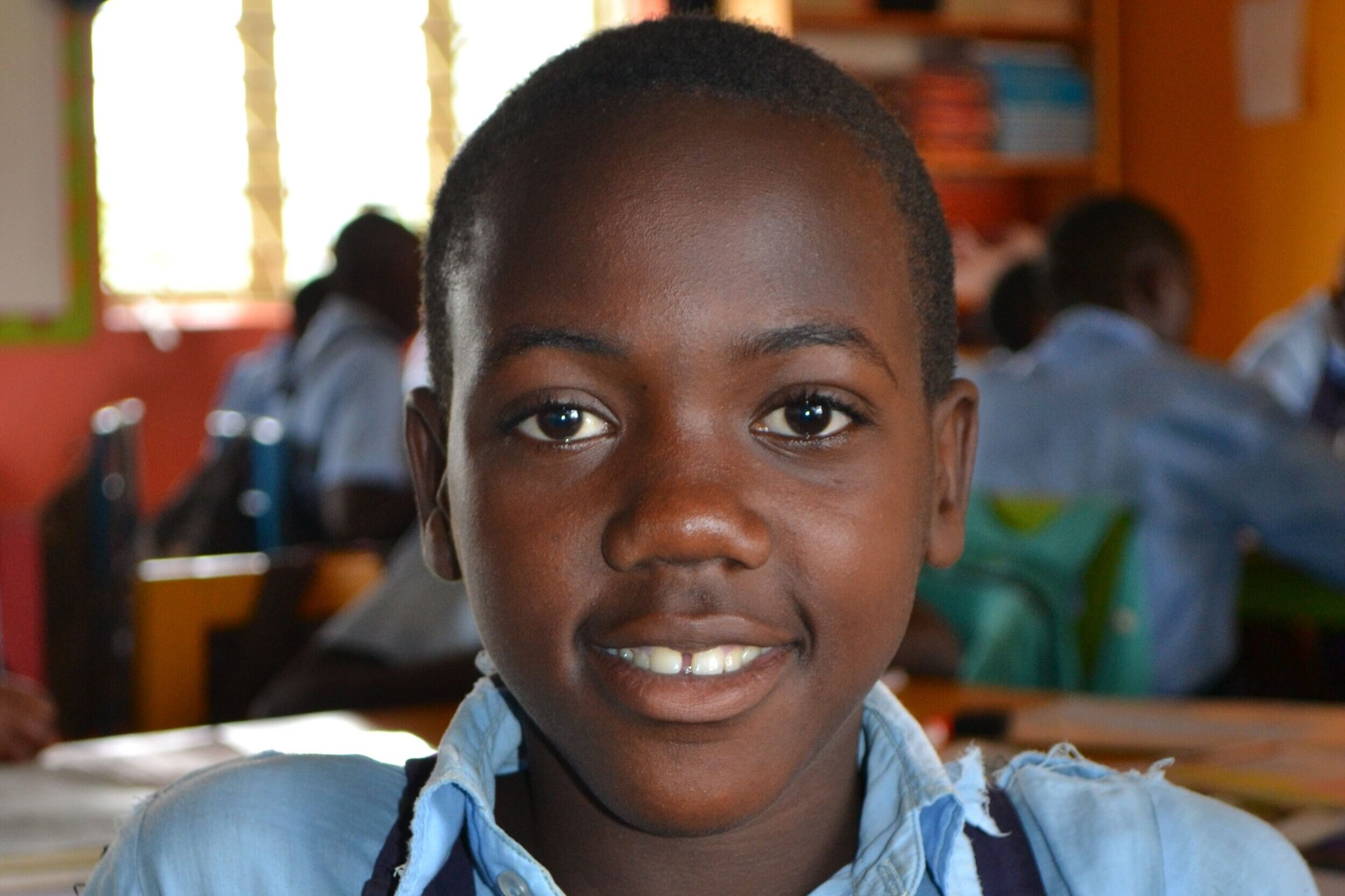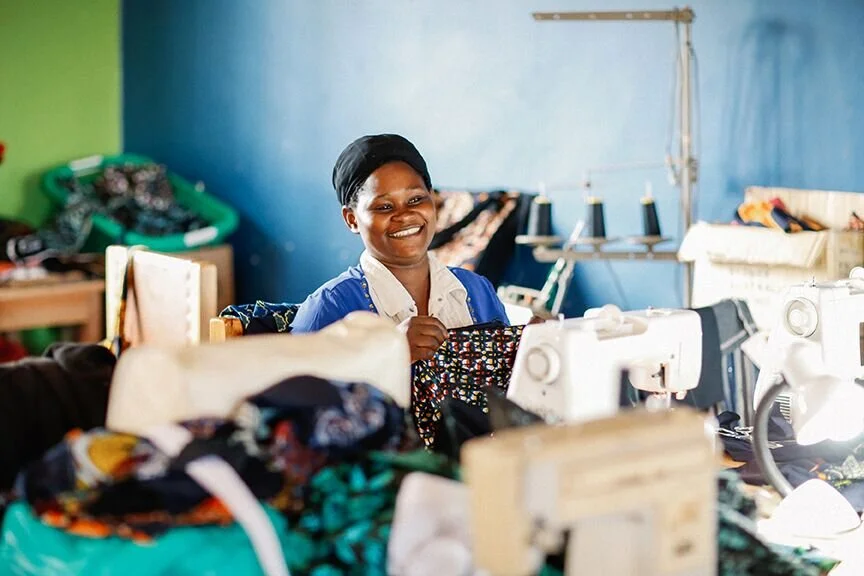WE’VE SET UP A TAILORING PROGRAM AND AN ANIMAL HUSBANDRY PROGRAM TO HELP MITIGATE THE COSTS OF OUR OPERATIONS AND PROVIDE AN INCOME FOR ADULTS IN THE COMMUNITY.
Our environmental, tailoring and agricultural programs are designed to generate funds and reduce operating costs. Cost savings free up funds for other projects. Funds generated are returned directly into the operations of our projects.
What School For Life Does
Bricks using ISSB technology have interlocking features meaning less concrete is required during construction – saving time and reducing building costs
We train and employ locals to enhance the opportunities of the community through employment
With the support of the Rotary Foundation we have solar power across all our schools and boarding houses which we use for refrigeration, to power computers, DVDs, projectors and TVs we couldn’t use before
Animal husbandry programs employ local people, provide food for students and staff, and an income for the schools
We have an apiary which produces honey that we sell at market and also use to educate the students in beekeeping practices
We grow subsistence crops to feed students and staff and generate an income for the schools
We use composting toilets and the decomposed waste is turned into fertiliser for our crops
At our Mbazzi campus, we use bio-gas toilet systems. The waste produced by the students goes into bio-digester and is converted into the gas we use for cooking and powering the bunsen burners in our science labs
All of our kitchens are equipped with energy saving stoves that need much less firewood for cooking, driving down operational costs and ensuring environmental conservation
Over 2M litres of rainwater is caught in large water tanks from roofs for cooking, drinking, hand washing and watering our livestock
In partnership with SewAid International we train and employ women tailors – they earn an income and we earn an income by making all the students’ school uniforms and producing products sold in Uganda and Australia.
What’s Next?
Expanding our vocational training programs, employing, up-skilling and empowering more local people to build brighter futures.









In 2010, Rachel began as a cleaner at Katuuso Primary and Vocational School. She was working to save money to study to be a teacher at University. Thanks to Barrie and Simone Goldsmith, her dream of studying came true and she is now fully qualified.